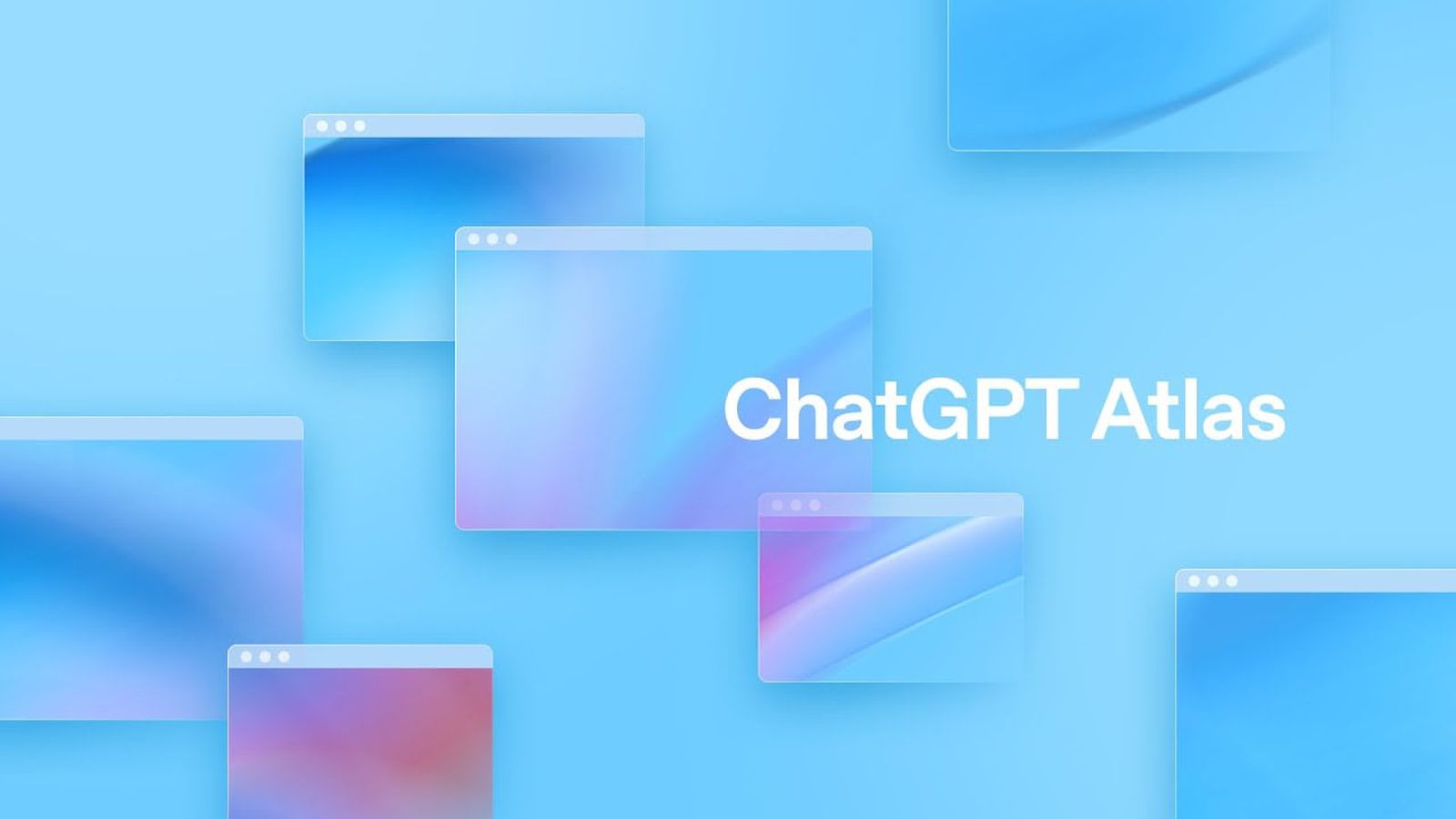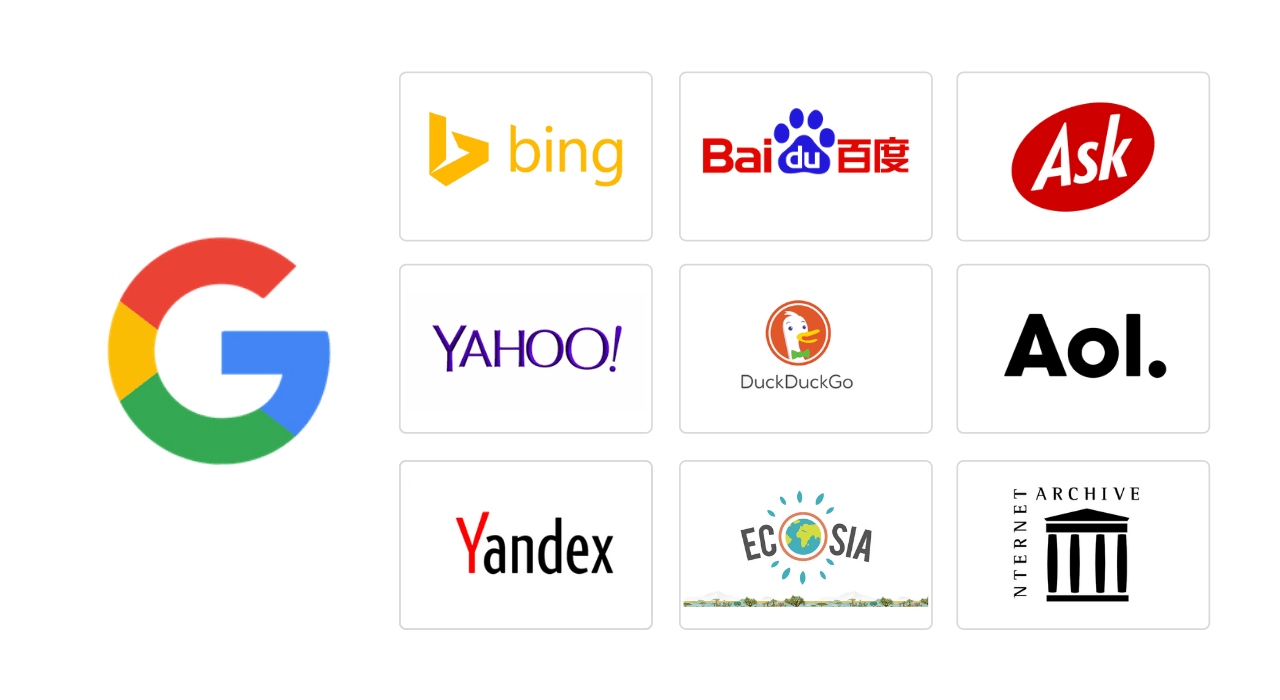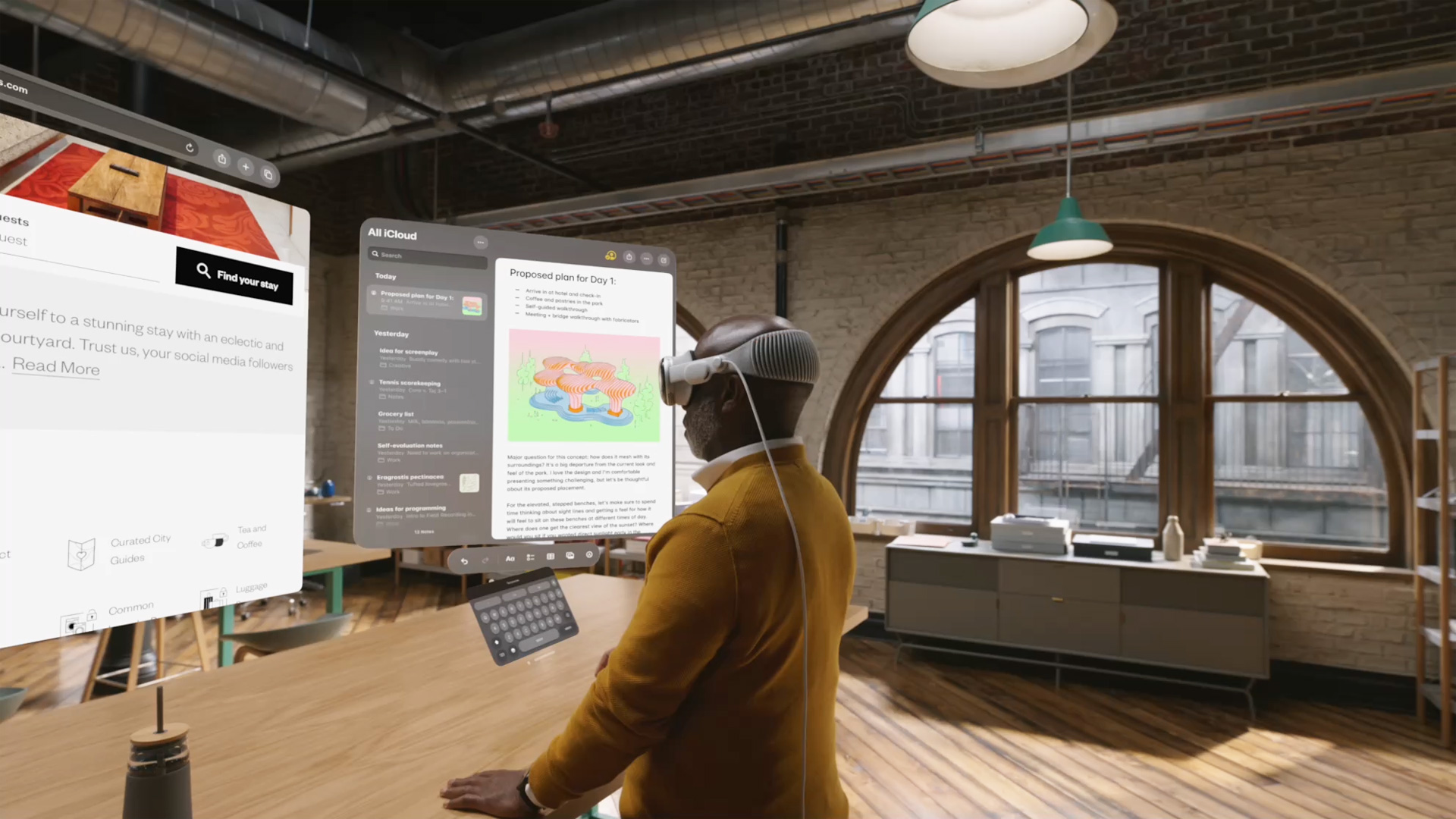Chrome Dominance Is Over? OpenAI Drops a Game-Changer- The web browser world has long been ruled by a single giant — Google Chrome. For over a decade, it’s been the go-to gateway to the internet for billions. But that dominance might finally be facing its first real threat. OpenAI has officially unveiled ChatGPT Atlas, an AI-powered browser that could completely transform how we search, explore, and interact with the web.
This isn’t just another Chrome competitor. Atlas is designed from the ground up around artificial intelligence, making it the first browser that doesn’t just load pages — it understands them.
From Search Boxes to Conversations
In traditional browsers, users rely on search engines and manual navigation. Type a few keywords, open multiple tabs, and scroll endlessly to find what you need. ChatGPT Atlas replaces that entire process with a single conversation.
Imagine asking your browser, “Find the best budget camera for travel and summarize top reviews,” and getting a neat, personalized summary — complete with links, ratings, and price comparisons. No more juggling ten tabs. The AI does the thinking, sorting, and summarizing for you.
This conversational browsing experience is powered by the same technology behind ChatGPT, now enhanced with real-time web access and multimodal understanding — meaning it can read, analyze, and interpret live web content as naturally as a human.
A Strategic Strike at Google’s Core
OpenAI’s move with Atlas isn’t random. It’s a direct strike at Google’s strongest stronghold — the browser and search market.
Google Chrome currently holds over 60% of the global browser market share, while Google Search dominates 90% of online queries. Atlas challenges both at once. By making AI the centerpiece of browsing, OpenAI is offering users an alternative to the old keyword-based search model that Google has built its empire on.
And the timing couldn’t be more significant. The tech industry is in the middle of an AI-first revolution, where users want tools that think, predict, and personalize. OpenAI’s Atlas is built exactly for that world — an internet where your browser feels more like a personal assistant than a software tool.
The Power of 800 Million ChatGPT Users
OpenAI already has a massive advantage: an audience of more than 800 million weekly active ChatGPT users. That user base is a goldmine for cross-integration. With Atlas, OpenAI can seamlessly bring those users into a more connected ecosystem — one where chat, browsing, productivity, and creativity all coexist in a single space.
Experts say this could lead to a “super-app” model similar to what WeChat did in China — except this time, built around AI and the open web. Atlas could become the one app you open in the morning and never close all day.
Beyond Browsing: A Smarter Web Companion
Early previews suggest that Atlas goes far beyond just replacing Chrome. It can:
-
Summarize web pages instantly
-
Write and edit emails or documents directly in your browser
-
Generate images, code, or reports without third-party tools
-
Translate and explain content in real time
-
Remember your browsing habits to offer smarter suggestions
In short, it’s not just a browser — it’s a personalized AI workspace designed to understand your intent, not just your clicks.
The Privacy Balancing Act
With all this intelligence, though, comes a crucial question: what happens to user data?
OpenAI has emphasized that Atlas includes new privacy and transparency features, but the company has not yet detailed how it will handle browsing behavior, cookies, or AI personalization data. Critics warn that collecting browsing patterns could blur the line between helpful AI assistance and intrusive tracking.
In the coming months, data privacy will likely become the biggest test for OpenAI’s new browser, especially as regulators begin to scrutinize AI-driven data collection across the globe.
A New Kind of Internet War
Atlas’s arrival intensifies what many are calling the next big tech showdown — OpenAI vs Google.
While Google is pushing its own AI assistant “Gemini” deeper into Chrome and Android, OpenAI’s Atlas takes a more radical path — rebuilding the browser experience entirely around conversation and comprehension. It’s a head-to-head battle for how humans will access information in the future.
If Atlas succeeds, it could reshape everything from advertising and SEO to how websites are designed. Why optimize for keywords when your users no longer search that way?
The Future of Browsing Has Arrived
For over 15 years, the web browser has been the silent stage for every online interaction. Now, OpenAI has given it a voice — literally.
ChatGPT Atlas is not just another app; it’s the beginning of a new kind of web. One where the browser doesn’t just show you information — it helps you understand it.
Whether Chrome’s dominance is truly over remains to be seen. But one thing is certain: the era of passive browsing is ending, and the age of AI-guided exploration has begun.
Antimicrobial Resistance (AMR): Regions, Risk Factors, and What You Can Do About It | Maya




